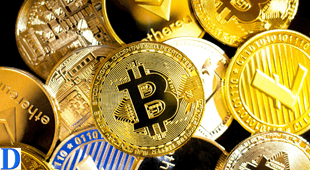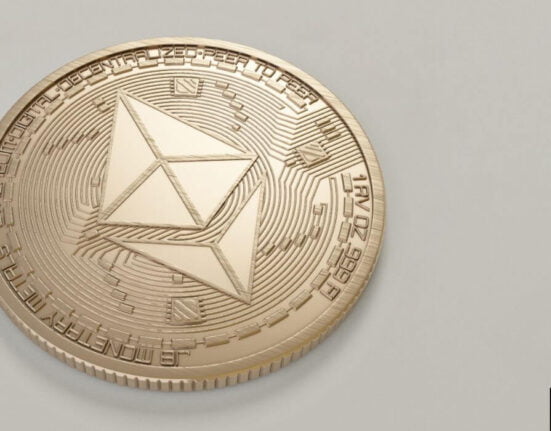In recent years, the art world has undergone a significant transformation with the emergence of NFTs. NFTs, or non-fungible tokens, are unique digital assets that allow individuals to own and trade original pieces of digital artwork, music, and other creative content. This has created an entirely new market for artists and collectors, and has reshaped the way we think about art in the digital age.
In this blog post, we will explore the emergence of NFTs and how they are reshaping the art world in a digital age.
Establishing Ownership and Authenticity
One of the main benefits of NFTs is the ability to establish ownership of digital art. In the past, it was challenging to prove the authenticity of digital art and to prevent it from being copied or reproduced. With NFTs, each piece of digital art is assigned a unique digital signature, which verifies its authenticity and ownership. This means that artists can now sell their digital art in the same way that physical artworks are sold, with proof of ownership and authenticity.
Selling Directly to Collectors
Another significant benefit of NFTs is the ability to sell artwork directly to collectors. In the traditional art world, artists often have to rely on galleries and art dealers to sell their work, which can be a complicated and expensive process. Artists can sell their work directly to collectors with NFTs, which allows artists to have more control over their work and to receive a higher percentage of the sale price.
READ ALSO: What is Cryptocurrency? Is it worth to invest in crypto?
Creating a New Market for Digital Art
NFTs have also created a new market for digital art. Before the emergence of NFTs, digital art was often undervalued and difficult to sell. Despite its potential for widespread distribution and accessibility, many artists struggled to monetize their work in the same way that physical artworks were sold at auctions and galleries. NFTs, however, have allowed digital artists to take control of their creations and gain recognition for their work in a way that was previously impossible.
Empowering Artists
Overall, the emergence of NFTs has empowered artists to take control of their creations and to gain recognition for their work in a way that was previously impossible. NFTs have created a new market for digital art. Which allows artists to sell their work directly to collectors and to establish ownership and authenticity. This has the potential to reshape the art world in a digital age. And to create new opportunities for artists and collectors alike.
Increased Accessibility and Exposure
Another advantage of NFTs is that they increase accessibility and exposure to digital art. In the past, digital art was often seen as a niche market. But NFTs have opened up this market to a wider audience. Collectors can now easily discover and purchase digital artwork from around the world, without the need for physical proximity. Additionally, NFTs can be easily shared and promoted on social media platforms. Which can help to increase an artist’s exposure and recognition.
New Forms of Artistic Expression
NFTs have also enabled new forms of artistic expression. Because digital art is not bound by physical limitations, artists can create unique and interactive pieces that were previously impossible. For example, some NFTs include hidden messages or interactive elements. That can only be accessed by the owner of the artwork. This creates a new level of engagement between the artist and the collector. And allows for a more immersive and personal experience with the artwork.
Challenges and Criticisms
Despite the many benefits of NFTs, there are also some challenges and criticisms associated with this emerging market. One of the main criticisms is that the energy consumption of NFTs is extremely high. As the process of creating and selling NFTs requires a significant amount of computing power. Additionally, some critics argue that the hype surrounding NFTs may be driving up the prices of digital art to unsustainable levels, leading to a potential bubble.
Conclusion
The emergence of NFTs has the potential to reshape the art world in a digital age. NFTs allow artists to establish ownership and authenticity of their digital artwork, sell directly to collectors. Which increase accessibility and exposure to digital art, and enable new forms of artistic expression. However, there are also challenges and criticisms associated with this emerging market. Thus it remains to be seen how the market will evolve over time. Overall, NFTs represent an exciting new development in the art world. It have the potential to transform the way we think about art and ownership in a digital age.














Leave feedback about this